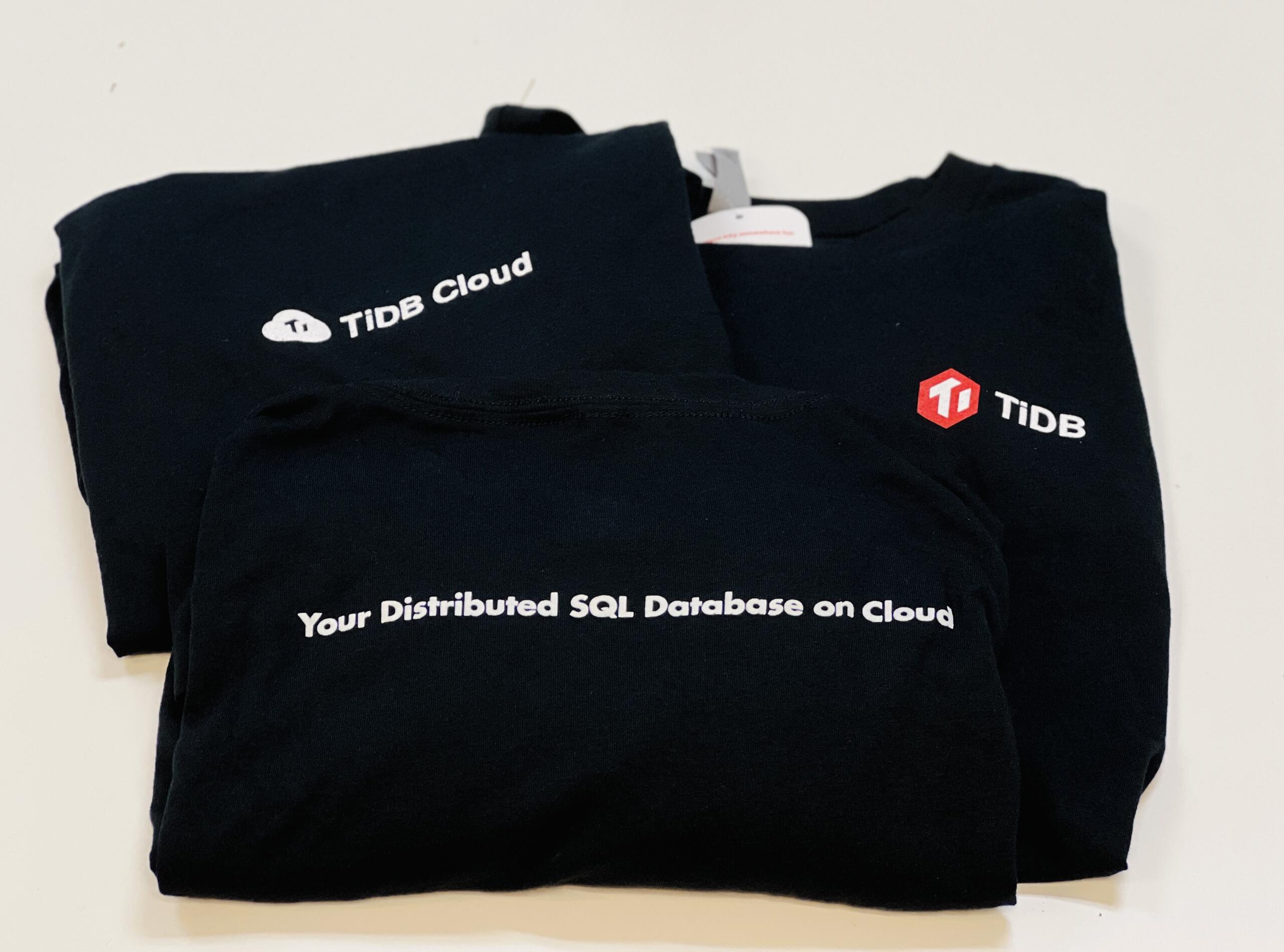
Heading to KubeCon NA 2022? Swing by the PingCAP booth (#S104) and say Hi
TiDB is an open-source database that supports Hybrid Transactional and Analytical Processing workloads. It is MySQL compatible and can provide horizontal scalability, strong consistency, and high availability.
Want to learn more? Welcome to stop by, you can book a demo and meet us at our booth to get a free TiDB T-Shirt!

We will also host two speaker sessions
Wednesday, October 26 • 4:30pm – 5:05pm
Ed Huang and Chao Zheng will talk about “What’s New In Chaos Mesh And Deep Dive Into Multi Clusters Support.”
Chaos Mesh is one of the most popular open-source chaos engineering platforms, with the goal of making chaos engineering easier and more accessible. In this session, In addition to a brief overview of Chaos Mesh, Ed and Chao will provide an update about the latest feature developments, and deep into how to support chaos experiments on multiple Kubernetes clusters. In the real case, chaos experiments across multiple clusters are often needed, to achieve it and make it easy, chaos mesh supports this feature natively. In this session, Ed and Chao will introduce how to design and implement this feature and introduce typical real world use cases.

Ed Huang
CTO, PingCAP
Ed Huang is the co-founder and CTO of PingCAP. He is a distributed systems and database expert.

Chao Zheng
Software Engineer, PingCAP
Chao helps to build TiDB cloud, a multi-cloud DBaaS platform. Charles has 5+ years of experience with cloud-native technologies and has worked on projects related to cluster virtualization, edge computing, and resource scheduling for data centers. Charles earned his Ph.D. degree in computer science with a focus on cluster resources management in the containerized environment and had published papers at computer science conferences, including SoCC, ICDCS, HPDC, etc.
—————————————————————————————————————————————
Wednesday, October 26 • 4:30pm – 5:05pm
Sunny Bains and Yang Zhang will show you “How We Make TiKV – a Distributed Storage, More Cost-Effective On the Cloud.”
As more and more online applications and data migrate to the cloud, cloud-native, low-latency distributed storage systems have played an important role in the growth of these companies. TiKV is one such storage system that has been used by hundreds of companies for their mission-critical systems. Although the infrastructure on the cloud has the advantages of elasticity and pay-as-you-go, all resources on the cloud are paid for, including computing resources, storage resources, gateway routing, and cross-AZ traffic. So when building a system on the cloud, you need to consider a variety of things that make the system cost-effective. First, there will be briefly introduce some cloud infrastructure and its typical characteristics, local disk and cloud disk, layered elastic distributed file system, several types of computing resources, etc. Next, we will introduce how TiKV reduces data storage space, reduces write amplification, and reduces the amount of data transfer fee across availability zones, etc. Finally, we look forward to several potential ways that TiKV can improve cost performance on the cloud. We hope that some practices on cost-effective optimization in TiKV can give you some reference and inspiration.

Sunny Bains
Senior Director of TiKV team, PingCAP
Sunny Bains, senior director of the TiKV team, joined PingCAP this April, currently mainly focusing on improving TiKV’s performance and resource control ability. Before TiKV, he worked for the Oracle/InnoDB team since 2006, where he managed the MySQL/InnoDB team. He has been writing software for longer than he can remember. Prior to joining InnoDB he wrote a database engine for a distributed database product at his previous employer. The networked database was used in a mission critical environment in the airline industry with very strict service level guarantees.

Yang Zhang
Senior Software Engineer of TiKV team, PingCAP
Yang Zhang, senior software engineer of TiKV team, mainly focuses on storage performance and resource efficiency, besides that, he has also done some work on toolings and test frameworks. Prior to joining PingCAP, he worked at Google Spanner on stability and privacy issues.